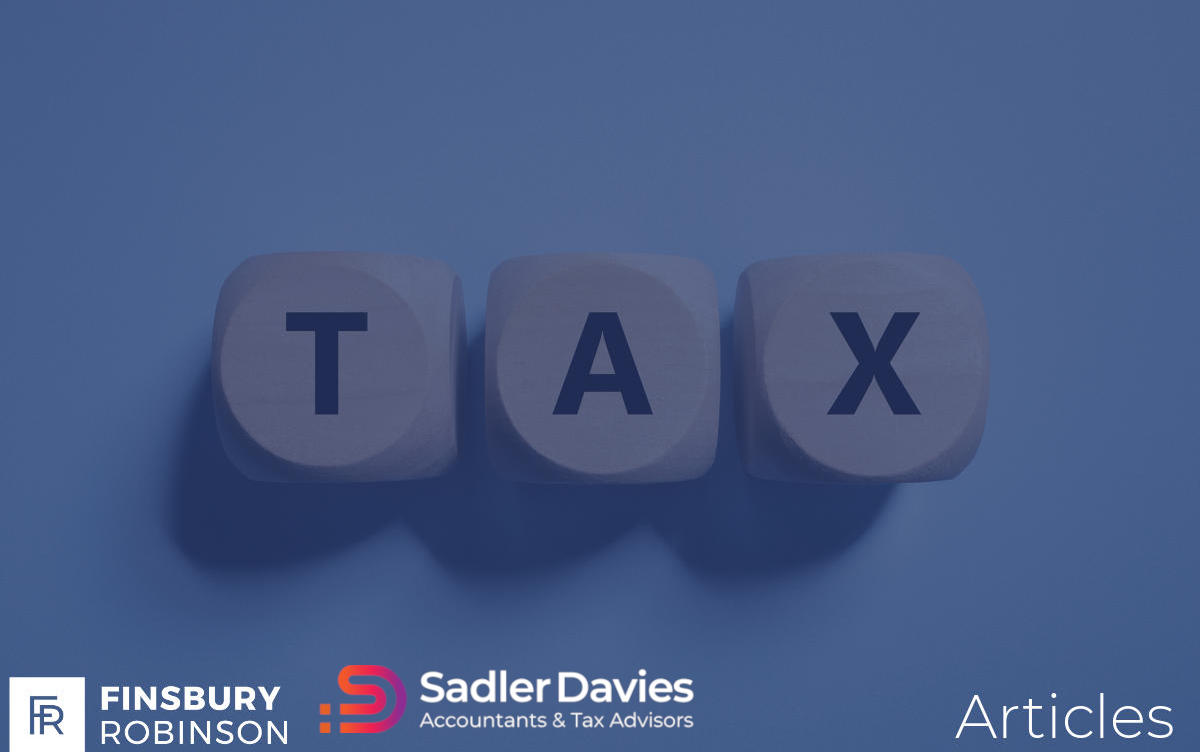
How will companies manage the national insurance increase?
However,given the unyielding line taken in the face of protests by farmers against planned inheritance tax increases, it does not look as if we will see any climbdowns or fine tuning by the Treasury of the changes, which take effect from April. That said, it does look as if Rachel Reeves designed this part of the budget so that the brunt of it would be felt by larger companies.
The employment allowance
In an attempt to soften the pain, the chancellor upped the employment allowance from £5,000 to £10,500. This means, from April, employers will pay less NI per employee until their £10,500 allowance is used up or, to put it another way,once their savings from using the allowance have reached £10,500, only then do they start paying the 15% rate. It does not matter at what point in the year that happens.
There is one allowance per company and it can only be used against one payroll if the company has several. Claims can be backdated for up to four years.
As before, only businesses with Class 1 national insurance liabilities of less than £100,000 in the previous tax year are eligible for the employment allowance.
Ms Reeves said the higher allowance threshold will mean that 865,000 employers will not have to pay any NICs in the next financial year, and at least a million will pay the same or less.
The effects of the changes
Larger businesses will be affected more than smaller ones, which was presumably the Treasury’s intention.
It has been estimated that half of employers that pay NICs will be no worse off in the next tax year,chiefly because the higher employment allowance cancels out the increase in the NIC rate.
What will be the economic impact?
The increase to NICs will have a significant impact on business and, by extension,the economy. Companies’ profits are likely to fall because their staff costs will have gone up and the higher cost of each staff member will be a disincentive to hire more people, putting a drag on growth. If companies pass some or all of the NI increase on to customers then prices will rise, pushing up inflation. Their extra costs may mean they are only able to fund lower pay rises, so wage growth may fall behind inflation, hurting living standards.
A likely outcome of the NICs increase is that inflation will remain higher than it otherwise would have, meaning interest rates will fall at a slower rate than had been hoped for before the budget. However, if companies tend not to try to recoup their higher costs from customers and instead put downward pressure on wages and reduce staff levels, the rate of inflation is likely to drop and interest rate cuts become more likely – any cuts also having the benefit oftending to support increased economic activity.
Table 2: Employers’ extra NI costs from April 2025
Minimum pay levels and NICs
Before the budget, the chancellor announced increases to the national minimum wage(NMW) paid to 18 to 20-year olds and the national living wage (NLW) paid to workers who are 21 and over, which will have the effect of increasing employers’ NICs.
From April 2025, the NLW is to go up from £11.44 to £12.21 an hour. Workers aged between 18 and 20 will receive an increase to the NMW from £8.60 to £10, a rise of £1.40 an hour.
Should companies look at salary sacrifice to curb costs?
One idea doing the rounds as a way of mitigating the pain of the NICs increase is encouraging employees to put more money into their pensions or to divert salary into non-cash benefits. These could be childcare vouchers, cycle-to-work schemes, work equipment such as laptops or mobile phones, or company car schemes.
Any sums thus diverted come off gross salary thus reducing the amount of pay on which NICs are due. Employees who put another £100 a month into their pensions will reduce their employer’s tax bill by £15 a month, as well as reduce their own income tax and NI payments.
Higher pension contributions can also enable employees to retain entitlement to child benefits and to remove pay from the higher rate tax bracket, and can in net terms even increase their income as well as improve their quality of life in retirement.
However, for companies with low-paid workers salary sacrifice is a less effective money saver as the sacrifice must not take the worker’s pay below the NMW or NLW.
NICs and growth
The UK economy is still on a low-growth trajectory despite Labour’s pre-election pledge to create the fastest growing economy in the G7, with a mere 0.1% of expansion over July to September relative to the previous quarter. The NICs increase is likely to push any return to stronger growth further into the future, especially as companies are likely to become more cautious about hiring more staff due to promised new workers’ rights.
For specific advice on how to minimise the effect of the NICs increase on your business, please cal the friendly team at Finsbury Robinson on 020 8858 4303 or email us at info@finsburyrobinson.co.uk
Angus Walker






